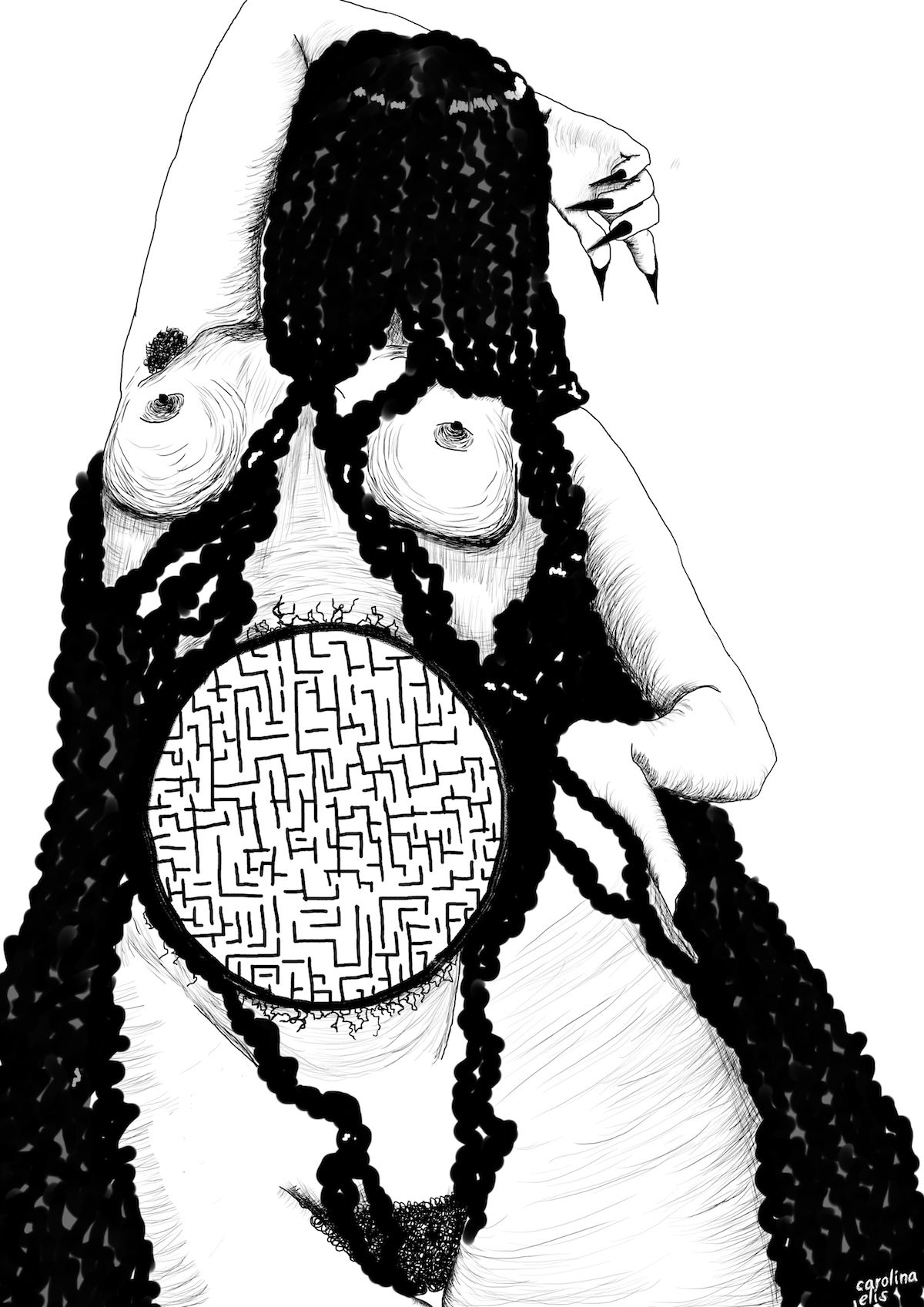Death notification
When 2020 came around, I died.
I died countless times.
I died with the pandemic. I died with two-metre social distancing. I died with a sense of impending doom. I died when precariousness became the "new" reality. I died when we collectively started to wish to return to normality. Which has never even existed, to begin with. I died when we lost people, close ones or not, while the government desperately tried to save an economy that has more closely resembled quicksand for more than 10 years, sucking the life out of who has been catching at straws. I died when, from the safety of our homes, we took to our windows to clap for essential workers—an essentiality that is worth but minimum wage, which is not even enough for one month's rent. I died when we took to our windows once more to clap for frontline health workers. You could still hear the clapping echoing across the country when news came out that half a million Portuguese citizens had voted for a presidential candidate who does not believe healthcare is a universal right. I died when a colonial gun took Bruno Candé in broad daylight. In the same year Alcindo Monteiro received a memorial plaque, 25 years after his death. Shamefully, we still had yet to realise what his death meant. I died even more when we unrelentingly took to social media to share George Floyd losing his right to breathe, Breonna Taylor losing her right to sleep. I died when racist slogans appeared on the walls of several institutions. I died because the protests that inflamed the world were received in Portugal with outrage and rejection not only by proto-fascist presidential candidates but also by renowned artists. I died when the burning torches of the fascist passion were not received with similar outrage. I died when we silently witnessed Rodrigo Saturnino being silenced for pointing out the huge elephant in the room all of us in the Portuguese cultural community share. We take delight in his art, in his vision, in his aesthetic, while ignoring his words. Now there are two elephants in that room, which has gotten even smaller since the beginning of the pandemic. Perhaps it is easier to have a drink in the afternoon this way. I died with the realisation that, in order to be a culture worker in Portugal, we need to look the part—and, should we be that lucky, to have some money too.
In Portugal, you don't live by art; you die by it. And I died.
Can you hear me?

Carolina Elis, Perco-me dentro, encontro-me fora. (2020). Illustration for Fazer de Casa Labirinto, ed. Balcony Gallery, 2020.
Carolina Elis (Belo Horizonte, Brasil, 1993) lives and works in Lisbon. A self-taught artist, focuses mostly with illustration, digital drawing and collage. Her work is based on her experience as an immigrant, black, queer, chronically ill person. Presents herself as an "artivist" and, throught black narratives, aims to transgress the euro-centric beauty standard in order to demonstrate the experience and resistence of black bodies. Has been a part of various independent publications, a collaborator of the blogue Cidade das Damas and part of the collective Estrela Decadente untill 2020.
